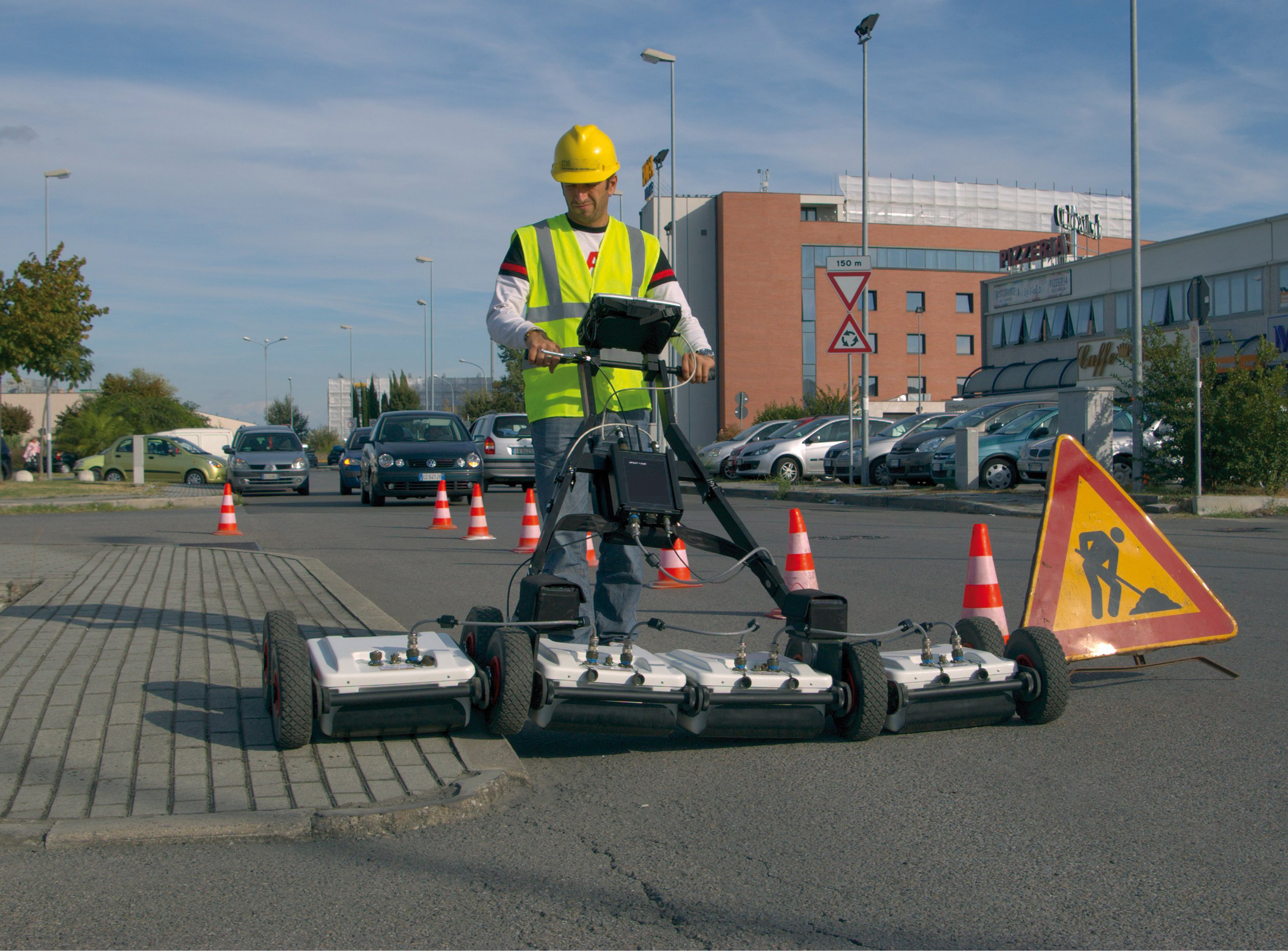Published: 01 Jul 2014
UK’s first specification for the detection of underground utilities launched at ICE
Industry should now adopt PAS 128 as standard, say The Survey Association
Following industry-wide consultation and review a national specification for the detection, verification and location of underground utilities – PAS 128 – is now available to survey professionals from the British Standards Institution.
Sponsored by the Institution of Civil Engineers and facilitated by BSI Standards Limited, the specification allows practitioners to detail the services they provide to a recognised level for the first time.
PAS 128 seeks to improve asset information amongst stakeholders by setting out clear and unambiguous information on the scope and accuracy of different methodologies used for utility surveys.
It aims to encourage fair competition, provide the basis for consistent and reliable levels of service across the utility detection industry and to raise survey standards.
President of TSA, Graham Mills said, “The risks associated with incomplete and inaccurate information on underground utilities are well known. Utility surveys are an essential part of every design and construction project. The development of PAS 128 highlights the importance of this survey discipline and widespread adoption of this specification can only enhance the professionalism of those that work in this industry.”
TSA joined other stakeholders in discussions with the British Standards Institute in 2012 when it was agreed that a standard should be written in the form of a publicly available specification (PAS). TSA and several of their membership helped to fund its development.
Principally, the document specifies four quality levels used to record utility searches and any associated site reconnaissance, detection, verification and location. An indication of the comparative accuracies and certainties of each method are shown, allowing the costs and timescales related with each method to be quantified.
Peter Barker, one of the four experts chosen for the PAS 128 drafting panel, represented TSA on the steering group that reviewed the document before publication.
Peter Barker said, “PAS 128 sets a minimum standard which the practitioner has to follow based on what is agreed as ‘good practice.’ A practitioner may at their discretion offer a survey to a higher standard that the required by PAS 128. Nonetheless, this minimum standard, if followed, will deliver a robust utility survey that is fit for purpose for most client requirements.”
The Survey Association’s ‘Essential Guide to Utility Surveys’ has long been the reference document for clients seeking comparable tenders and was the first guidance of its kind to set a benchmark on good practice for survey companies.
The technical committee of TSA are currently revising their guidance to help clients use PAS 128 to prepare tender documents that best suit the requirements of their project and to help practitioners correctly interpret PAS 128 to deliver high quality surveys at the right price.
Ends
For further information, interviews or images contact Ruth Badley PR on 01423 884063 or 07929 420 360 or email ruth.badley@btconnect.com
Notes to Editors
The Survey Association, known generally as TSA, is the trade body for commercial survey companies in the UK. The association was formed in 1979 to give a focus for private sector businesses in land and hydrographic survey.
The association has over 140 companies in membership as full, associate, supplier, affiliate or academic members directly involved in the survey business. The full and associate member companies together employ over 2500 people.
The role of TSA is to promote best practice amongst its members, provide a forum for members for discussion, debate and continuing professional development and to the wider audience such as engineers, provide guidance on new methods and techniques and a list of suitably qualified and experienced companies.
TSA is also heavily involved in lobbying Government and other agencies such as the Environment Agency regarding policies likely to affect or involve the survey industry.
TSA meets regularly with the Royal Institution of Chartered Surveyors (RICS) and the Chartered Institution of Civil Engineering Surveyors (ICES) on a range of issues and has established the Survey Liaison Group (SLG). This body convenes at regular intervals to examine matters of mutual interest and to ensure that there is little or no duplication of effort by the three bodies

